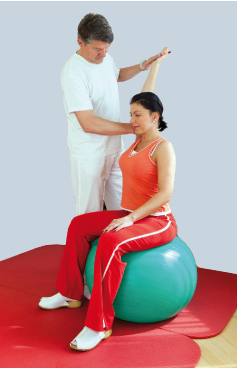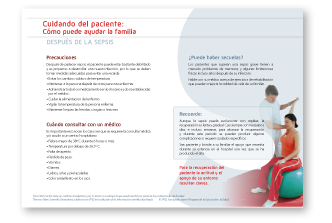Precautions

After suffering from sepsis, the patient may be quite debilitated and prone to developing a new infection, so appropriate measures must be taken to avoid a relapse:
- Keep the person away from other sick people.
- Administer all medications at the times and doses established by the doctor.
- Take care of the patient's diet.
- Monitor the temperature of the sick person.
- Keep wounds, surgeries or injuries clean.
When to see a doctor
It is important to recognize the cases in which a medical consultation is required and/or go to a hospital:
- Fever greater than 38º C for 6 hours or more.
- Temperature below 36,1º C.
- Lack of appetite.
- Difficulty breathing.
- Weightloss.
- Abdominal pain or distension with fever.
- Vomiting
- Diarrhea.
- Bluish lips, nails and skin.
- Yellowish color in the eyes.
Can there be sequels?
Patients who survive severe sepsis or septic shock often have memory problems and some physical limitations even years after their infection.
Talk to your doctor about rehabilitation exercises that can improve your family member's quality of life.



